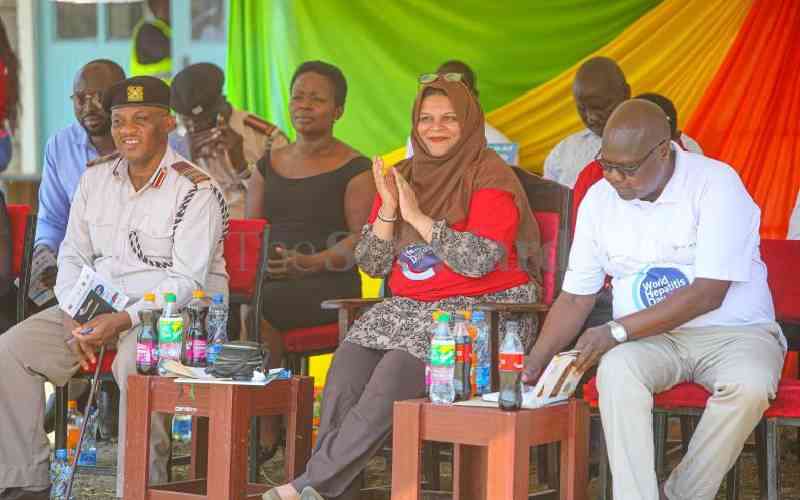×
The Standard e-Paper
Kenya’s Boldest Voice

As Kenya joins the world in marking Hepatitis Day today, stigma remains a big challenge in elimination of the disease that affects at least 1.9 million Kenyans.
Head of Viral, Hepatitis and Sexual Transmission Infections (STIs) at the National AIDS and STI Control Programme (Nascop), Dr Nazila Ganatra, says stigma is a major issue plaguing the eradication of the disease.







